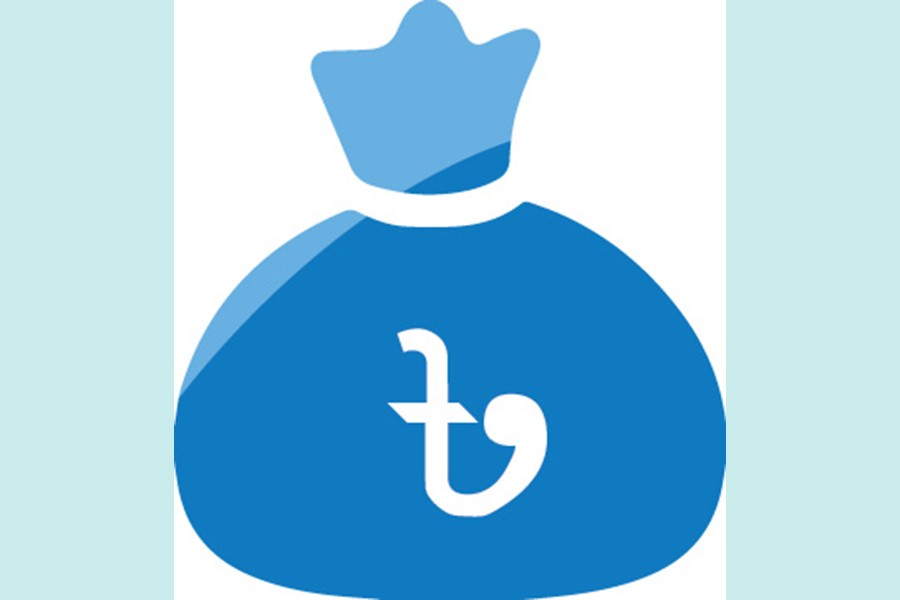
Published :
Updated :

It is a story narrated by a senior journalist, who was once a Chhatra League leader of the Rajshahi region and claimed to have been present when it took place. Bangabandhu Sheikh Mujibur Rahman, the then Prime Minister of the newly-born Bangladesh, was staying at the Uttara Ganabhaban during one of his visits to the northern region. At the time Bangabandhu was gossiping with Chhatra League leaders, a visitor was announced by the reception and unfamiliar as the name appeared to him, he did not wish to see the visitor. Bangabandhu asked one of his assistants to give the stranger Tk 500 and apologise for not seeing him then. But the person waiting at the reception was insisting on meeting Bangabandhu. This time he managed the people at the reception to convey to Bangabandhu that he was one of his classmates in Islamia College in Kolkata. Bangabandhu immediately recognised him, met him happily and apologised for not being able to recognize him initially. The friend told him "It's okay. You are the prime minister of the country. And you have so many things to do. But please tell me why you have sent me Tk 50. Am I that poor or am I here to seek any financial help?", much to the embarrassment of Bangabandhu. After seeing him off, Bangabandhu exclaimed to all present there, "Tk 500 reduced to Tk 50 within a few yards only. Then where the money I'm begging from different countries is going."
Bangabandhu could understand the newly-found country had 'dens of thieves'. Indeed, he identified corruption as the primary evil, hindering the country's development. In many of his speeches during 1972-75 across the country, he pointed it out. Whether he could contain corruption is a matter of debate, but no one will disagree that he could understand the persistence of widespread corruption. What about now? Is the present regime adequately aware of the level of corruption existing in society, particularly at service-providing agencies or departments? The ground reality suggests it is not.
A recent story is sure to corroborate the fact. A member of the local union parishad informed the management committee of a village mosque that an amount of Tk 100,000 had been allocated from the Ministry of Religious Affairs for the renovation of its washrooms, but the mosque would get Tk 90,000 as Tk 10,000 would be required as the speed money for securing disbursement of the funds. Later, he said the disbursement would require payment of Tk 40,000. Persons responsible for disbursement of the fund were not the only party to claim a slice from it. The mosque committee finally received only Tk 31,000, less than a third of the allocated fund.
Most people in Bangladesh know this is not any department-specific phenomenon; this situation is prevailing in almost every department and agency, and in every sphere of society in a broader sense. This is why the cost of a simple pillow climbs to Tk 6,000 in government purchase and a public servant can amass billions of taka. The government has, however, shown high tolerance to corruption though 'zero tolerance to corruption' has been a buzzword among the people in office. Yes, the statutory anti-corruption agency is often seen chasing and catching suspected corrupt persons, but most of them are minnows; the big fishes remain off their radars. Corruption has got a sort of social recognition become of the leniency showed to the corrupt elements.
Unless and until the government and its anti-corruption agency take a zero-tolerance stand against corruption and people start hating it and shunning corrupt people, the nation cannot root it out.
rahmansrdk@gmail.com


 For all latest news, follow The Financial Express Google News channel.
For all latest news, follow The Financial Express Google News channel.